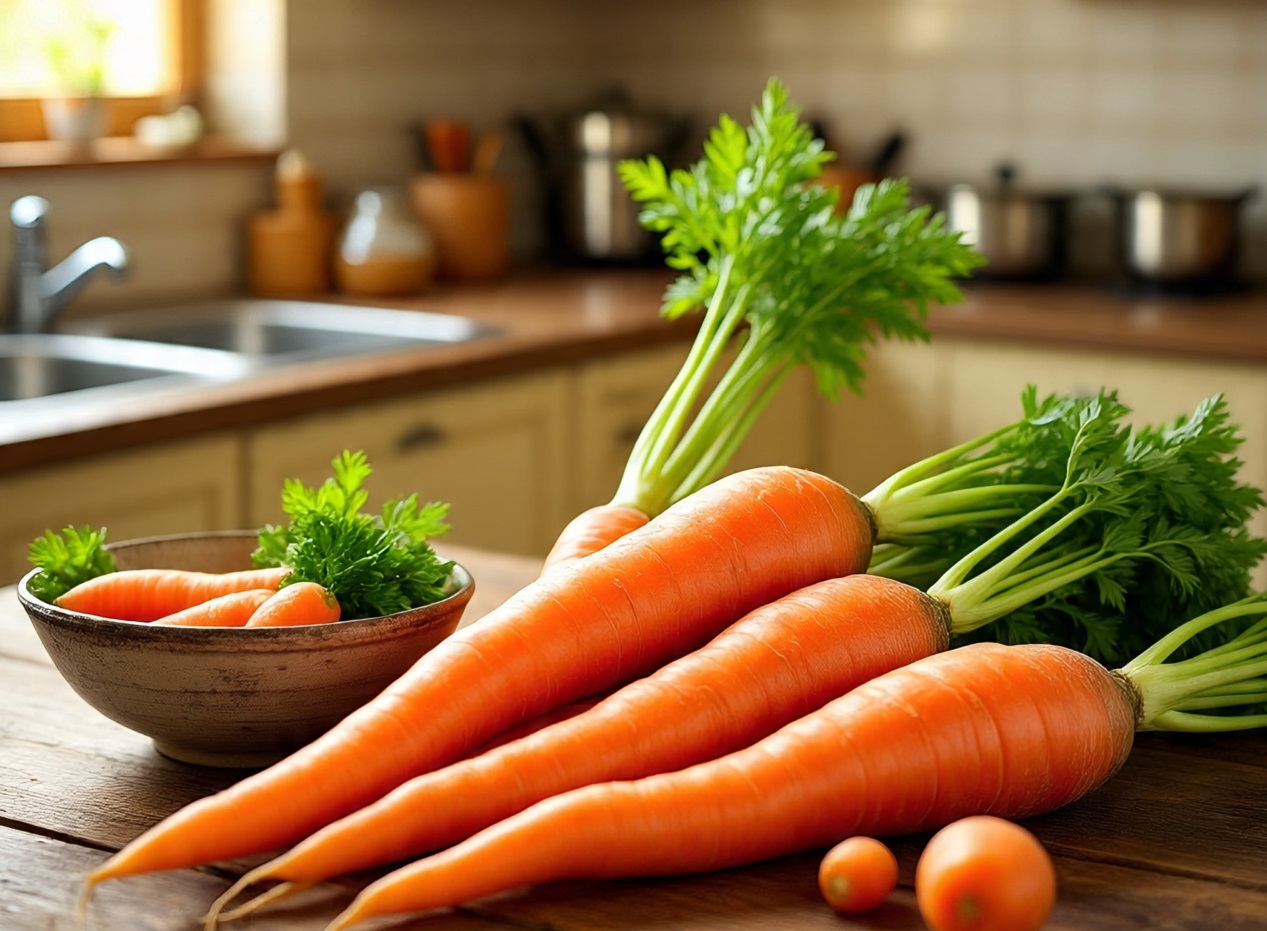 |
Eating carrots promotes eye health and maintains good vision. This root vegetable is rich in the antioxidants lutein and beta-carotene, which can prevent eye damage caused by free radicals. Excessive free radicals can lead to cell damage, aging, and chronic diseases, including eye conditions. Carrots are also beneficial for the digestive system, cardiovascular health, skin, and overall well-being. |
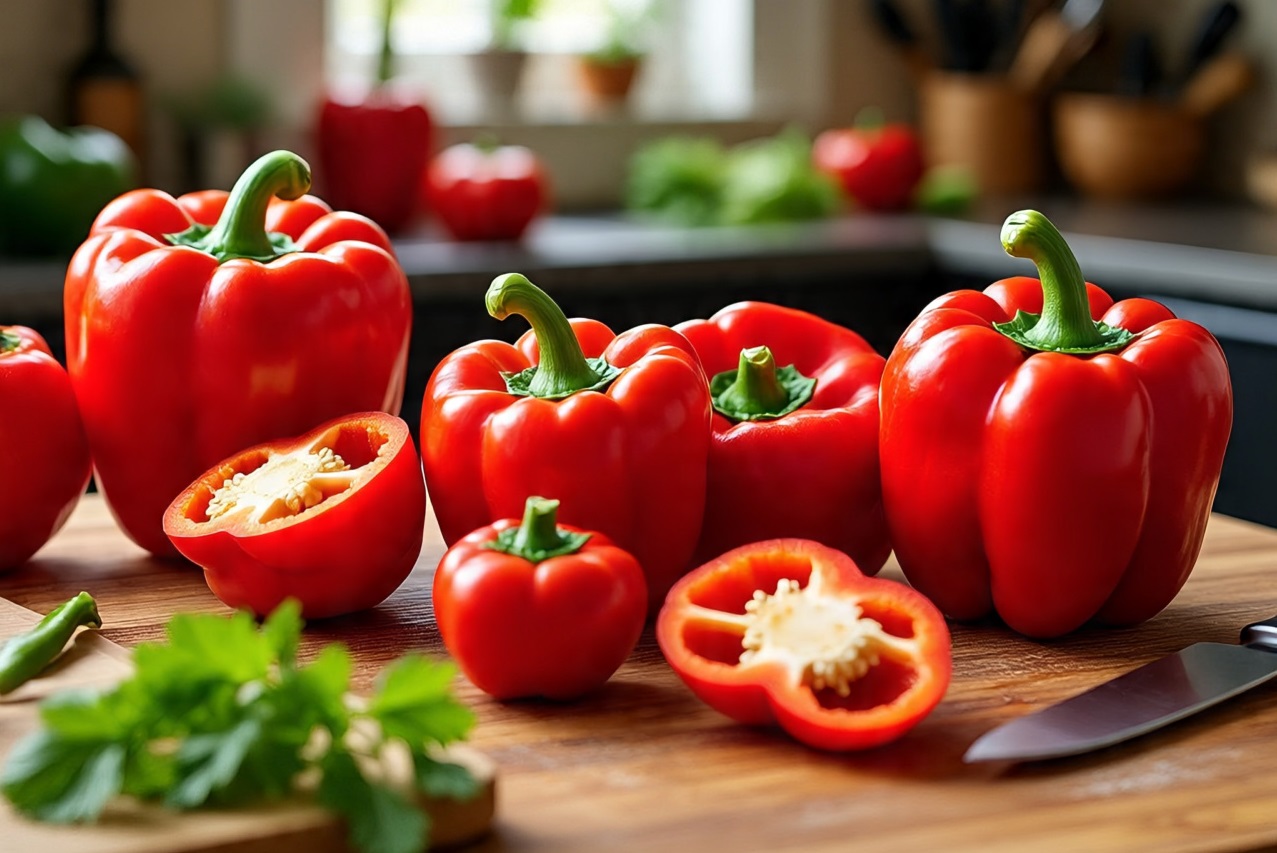 |
Red bell peppers provide an abundant amount of vitamin C. Vitamin C is good for the blood vessels in the eyes and reduces the risk of cataracts. Vitamin C is found in many other vegetables, including bok choy, cauliflower, and spinach. High temperatures can break down vitamin C, so eating raw bell peppers is a better choice. |
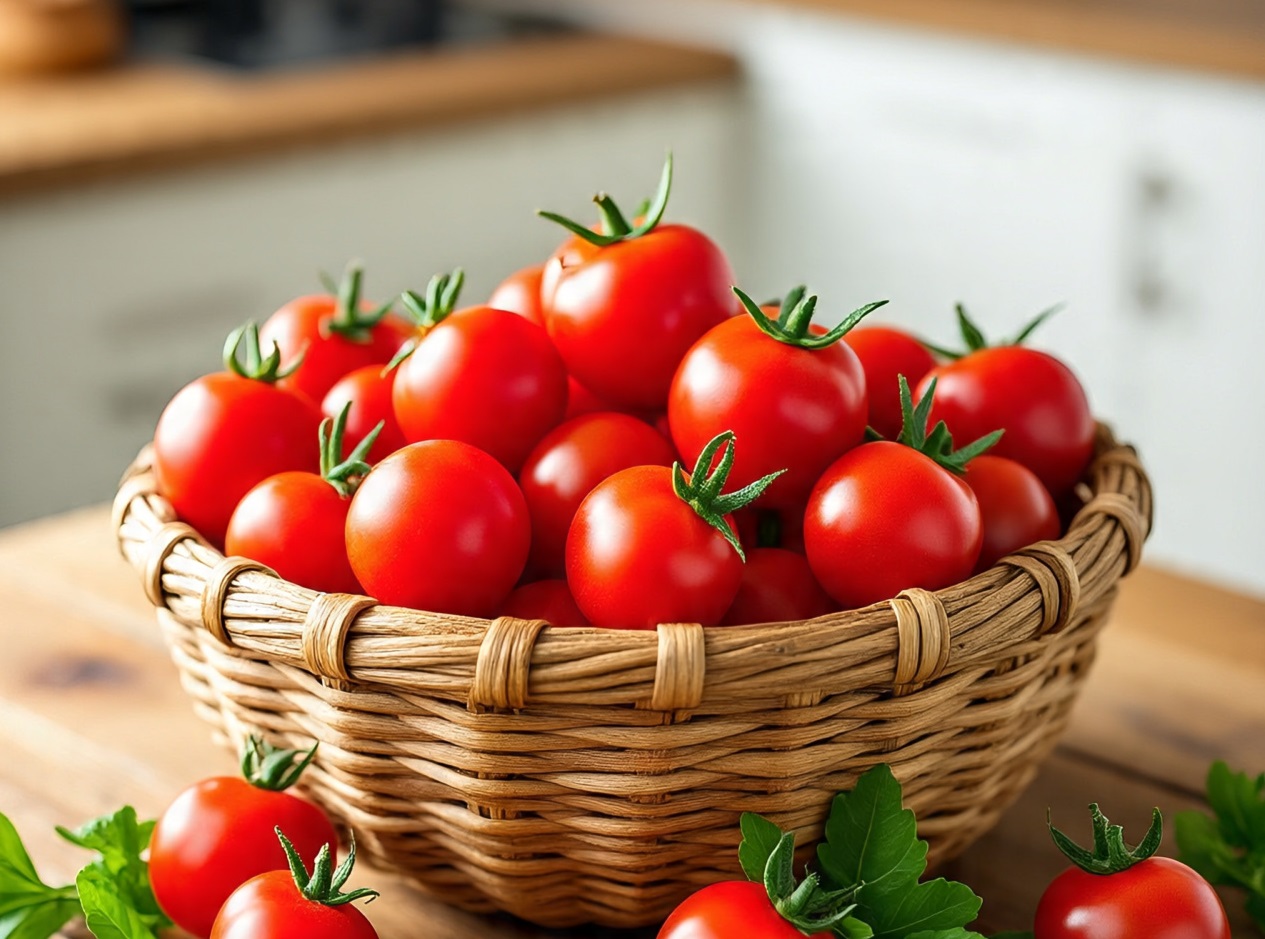 |
Like carrots, tomatoes contain lutein and zeaxanthin. Regularly eating tomatoes helps protect the eyes from harmful blue light emitted by smartphones and computers. |
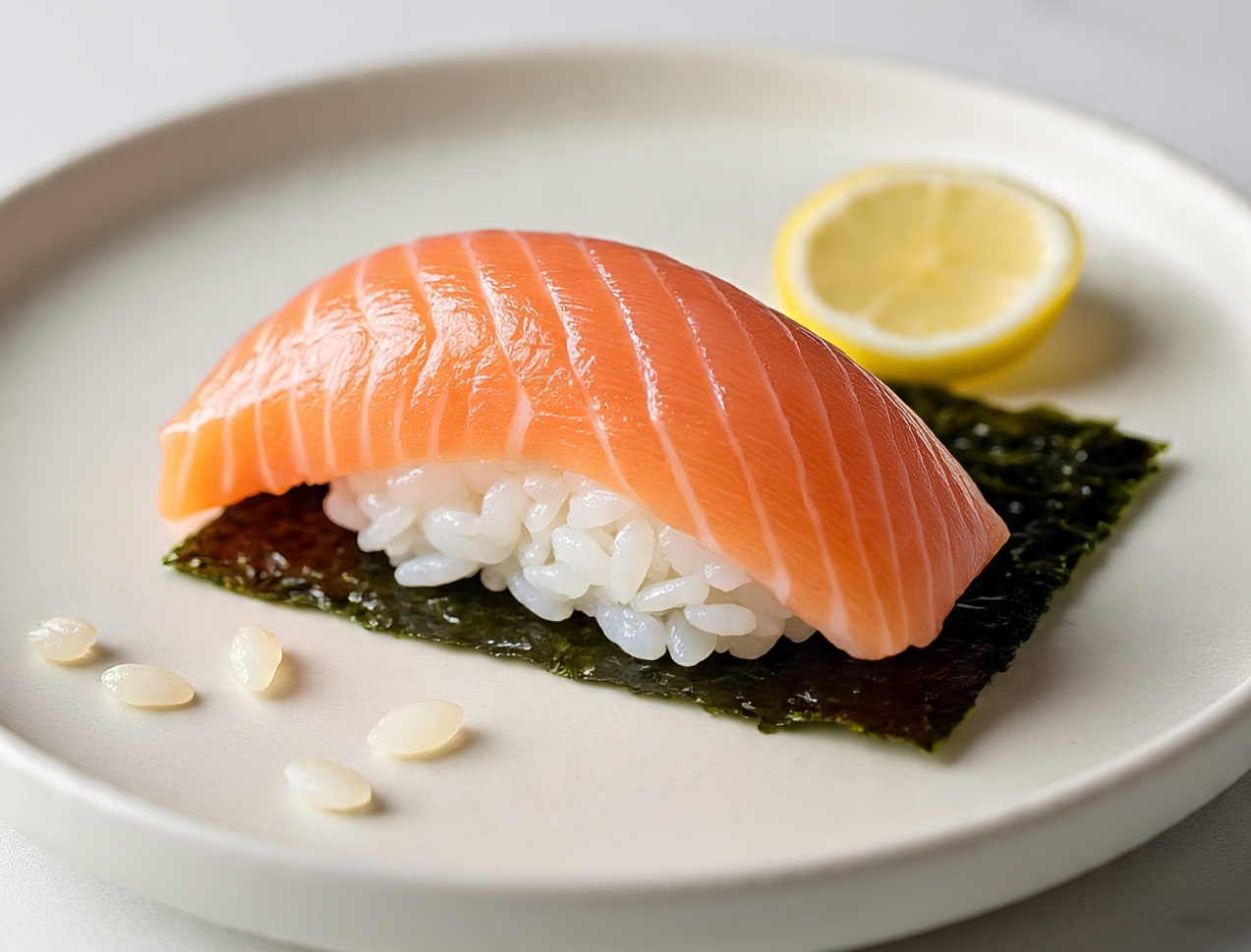 |
Salmon provides omega-3 fatty acids, DHA and EPA, essential for proper eye membrane function. Both DHA and EPA are found in other fatty fish like sardines and herring. Omega-3s also protect the eyes from macular degeneration and glaucoma. People with low levels of these fatty acids may experience dry eyes. |
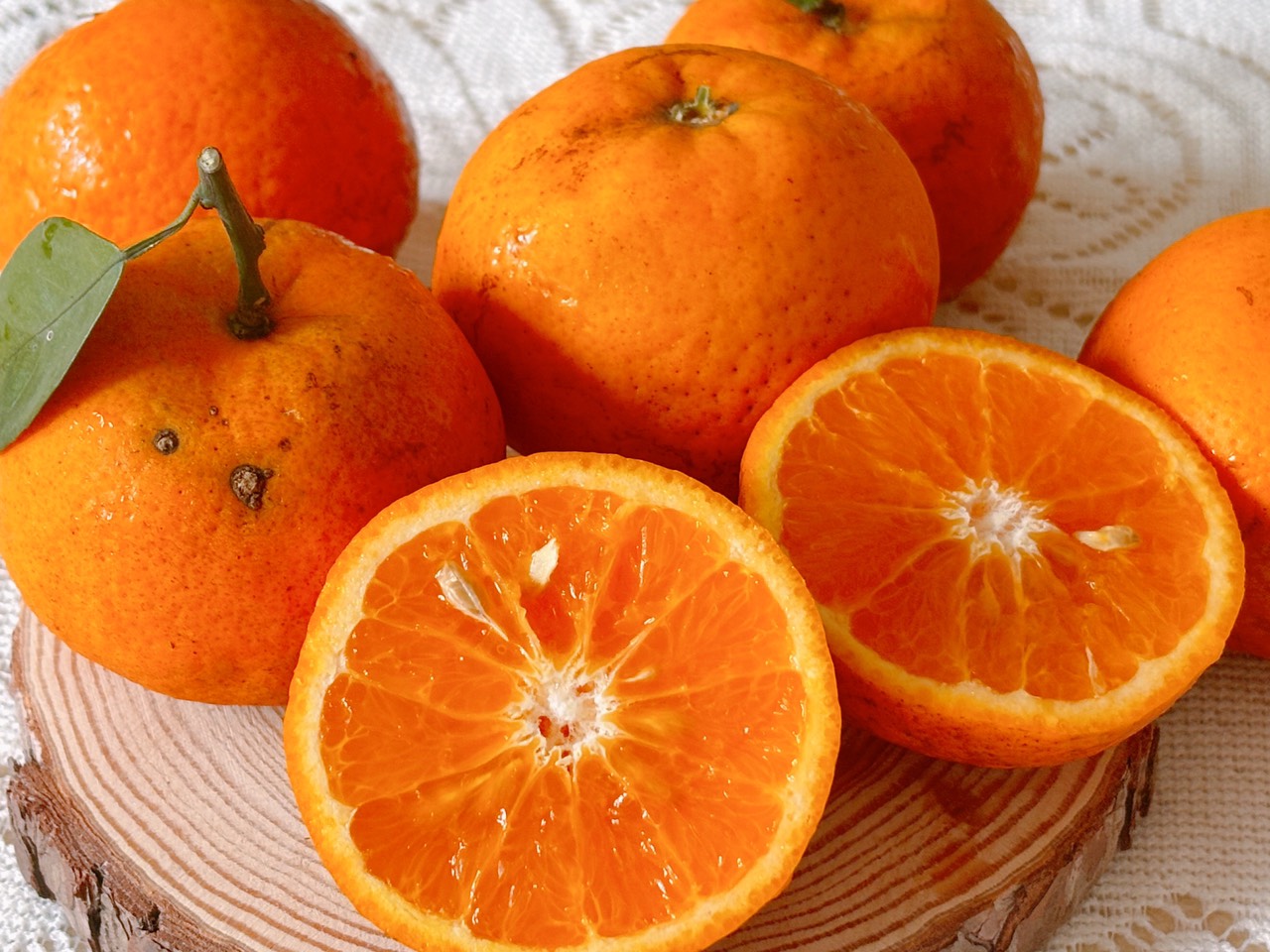 |
Oranges are rich in the antioxidant vitamin C, which is crucial for eye health. This vitamin is present in the clear fluid of the eye, called the aqueous humor. The aqueous humor maintains eye pressure and provides nutrients to the cornea and lens. |
Bao Bao (According to Healthline, WebMD)
Images: AI, Bao Bao












